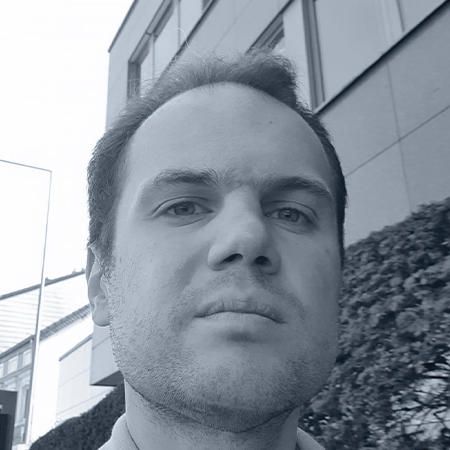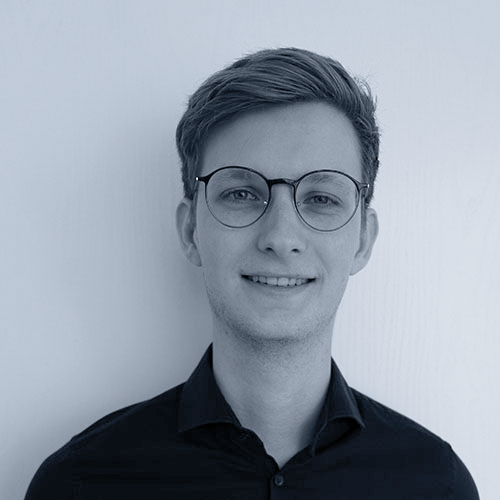SDL Materials Design presents
Short introduction to density functional theory simulations for materials scientists and engineers
Date: October 10th, 2023, 12 am to 4 pm; Format: Online
Short abstract: Density functional theory (DFT) has now for decades been the standard approach in the solid-state physics and computational chemistry community to study and predict the properties of materials of nearly any class in silico with high accuracy, and the capabilities are steadily growing year-on-year due to increasing computational power. By obtaining the energies and interatomic forces of a given system, not only fundamental atomistic, but also macroscopic material properties of interest to an application-oriented engineer can be calculated as a function of the system’s chemical composition or structure. This allows to predict the stabilities of competing phases, thermodynamic potentials for wide temperature ranges, the electronic structure and related data such as bond strengths or band gap sizes, but also elastic and mechanical properties or temperature-dependent thermal conductivities, for example.
While this plethora of -largely highly accurate- data is essential to predict the properties of novel compounds before attempting their synthesis, enabling guided design of “tailor-made” materials, or to quantify phenomena such as chemical bonding which are not accessible experimentally, many experimentalists do not make use of simulations due to the perceived steep learning curve.
Thus, we offer a short introductory workshop, aimed primarily at experimentalists from the materials science and engineering community. In the first half, the fundamental concepts of density functional theory will be introduced and selected results showcasing the various practical applications thereof will be shown, providing a first look at the technique and its capabilities.
In the second part, a live demonstration of the most commonly used DFT simulation program, VASP, will familiarize the audience with the basic procedure of preparing and running a calculation on a high-performance computing system and explain how to extract the information of interest from the output.
Language: English
Capacity: 100 participants
Further information: Online-only event with a lecture part and a live demonstration part using the RWTH Aachen high-performance computing cluster. Please note that due to a limited number of VASP licenses and other administrative constraints, there will be no hands-on element during the live demonstration. A follow-up workshop including basic hands-on exercises for the participants will be held at a future date.
The target audience for this workshop are materials scientists or engineers working experimentally who are interested in branching out into simulation-based work or would like to get an impression for its potential.

